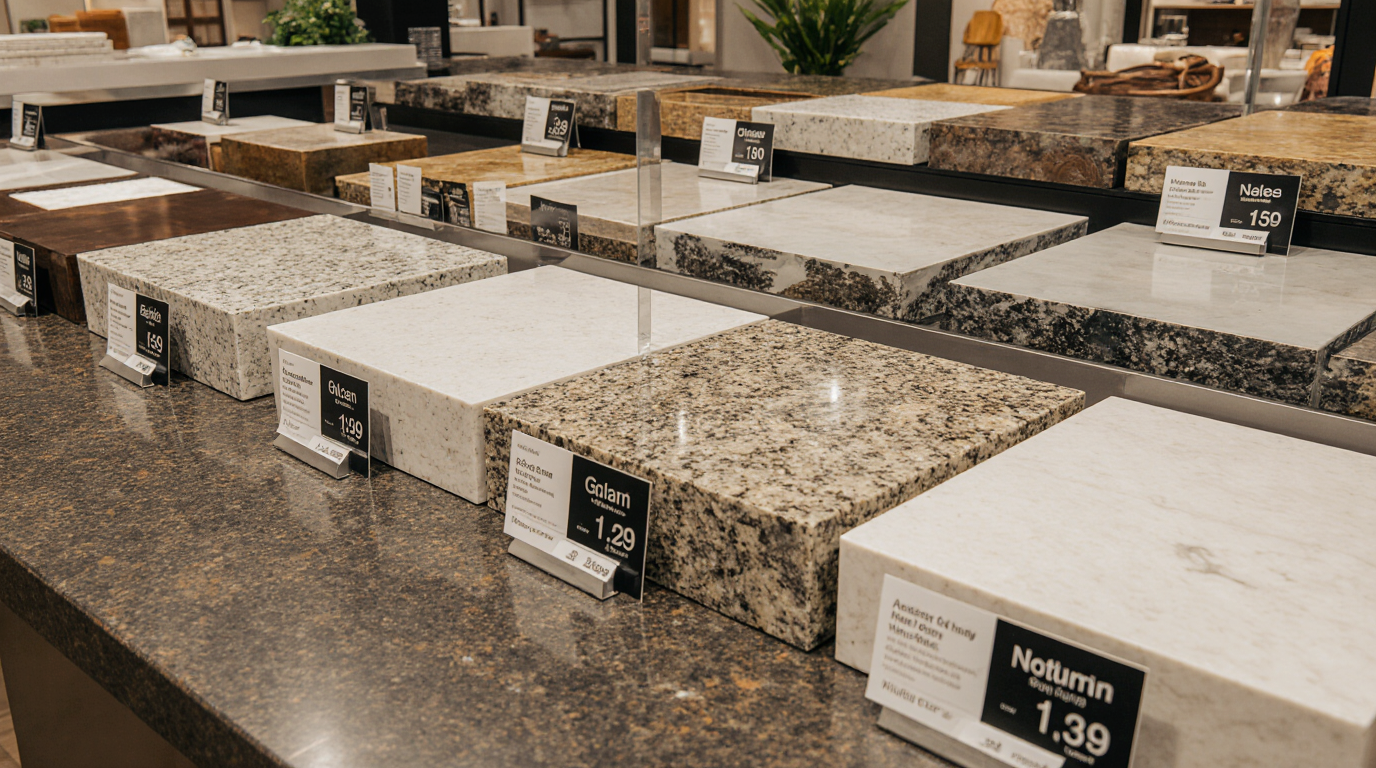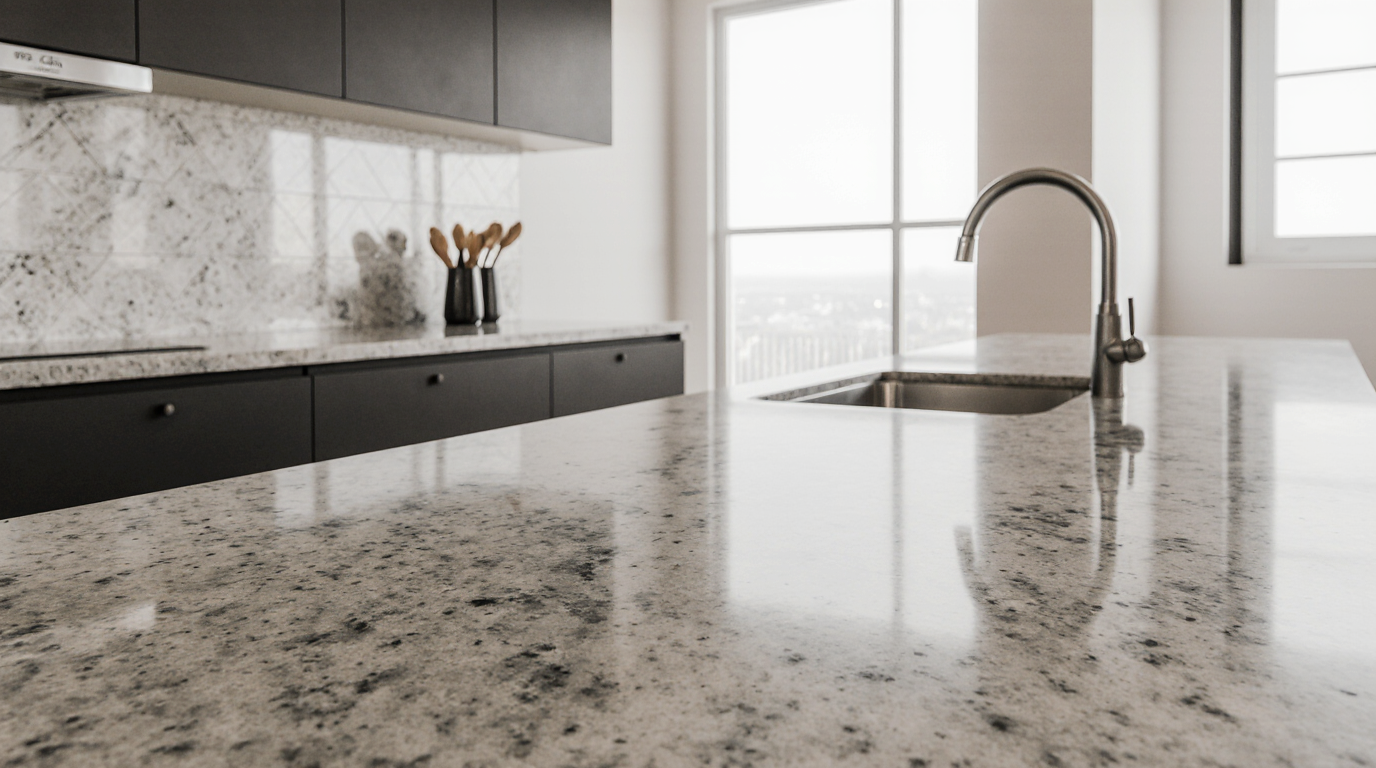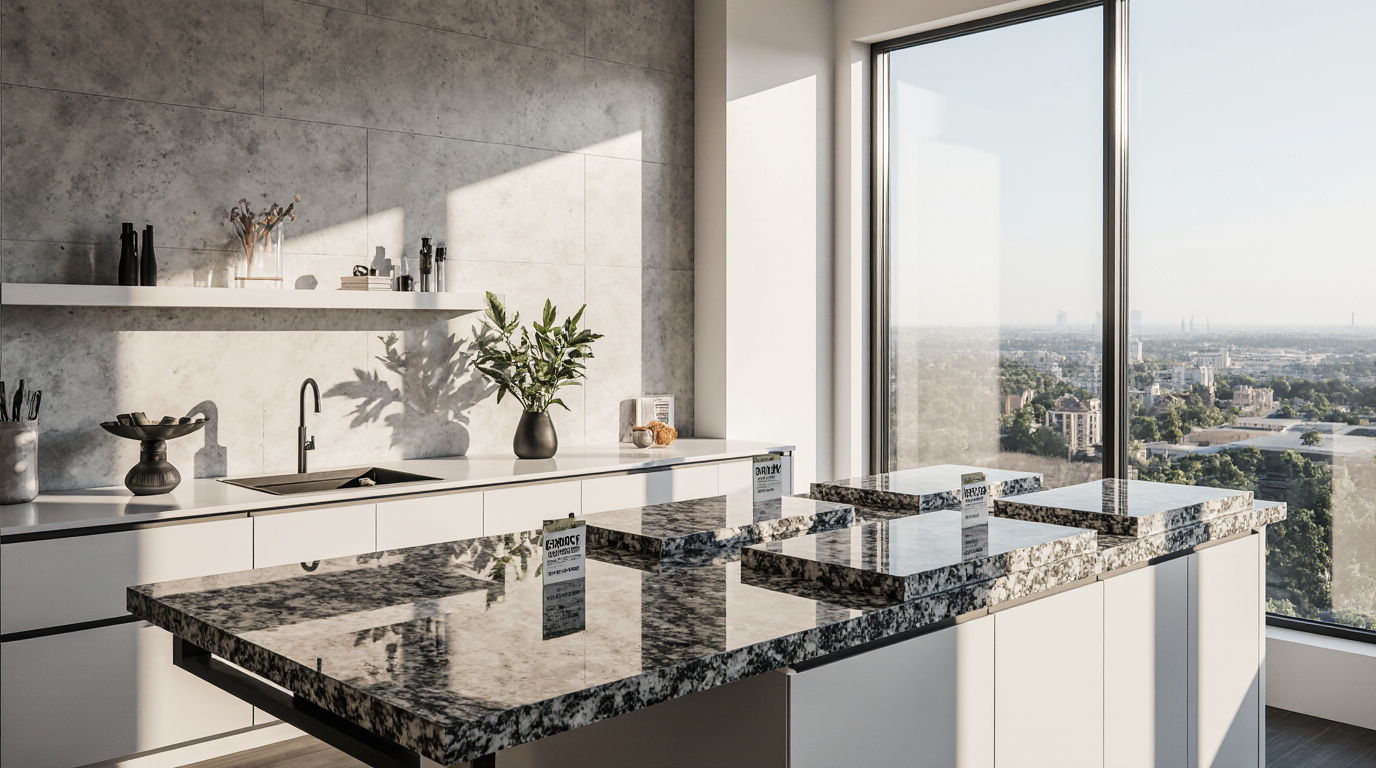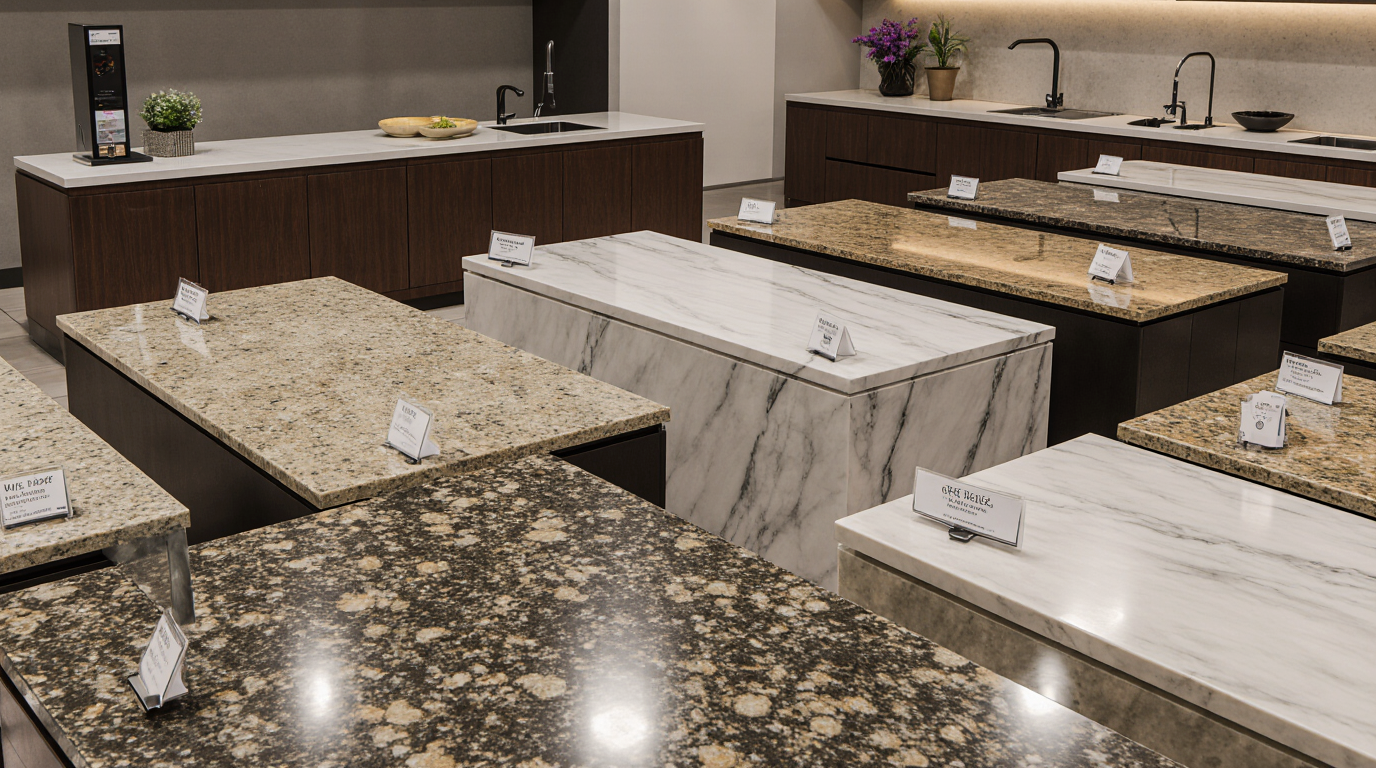Counter Top Prices

Counter Top Prices
Understanding countertop prices requires a comprehensive look at the materials, craftsmanship, and long-term value that each option brings to a home or commercial space. Both homeowners and interior designers carefully evaluate not just visual elegance but also long-term resilience, upkeep requirements, and labor costs involved in installation. Widely chosen materials including granite, engineered quartz, natural marble, and poured concrete display variable pricing shaped by availability, surface finish, slab thickness, and edge profiles. As an illustration, granite stands out for combining sophistication and sturdiness, with price points shifting based on source location and pattern intricacy. Quartz, engineered for consistency and low maintenance, often commands a slightly higher upfront investment due to its durability and range of modern design options.
Accurately estimating countertop expenses requires factoring in both material costs and skilled labor. The production process includes meticulous cutting, edge profiling, and occasionally bespoke inlays or distinctive patterning, contributing significantly to the total cost. Premium surfaces like marble and onyx require extensive craftsmanship, where expert artisans guarantee seamless installation. Logistics for large, dense slabs also factor into pricing, often escalating costs when procuring unique or imported stones. Clients seeking premium or imported materials often find that countertop prices reflect not only the inherent value of the material but also the craftsmanship required to transform it into a functional surface.
Another essential factor affecting countertop pricing is customization. Personalized countertops enable selection of precise sizing, edge styles, and embedded elements such as sinks or cooking surfaces. Bespoke countertops provide superior creative freedom, transforming spaces into both functional and aesthetically appealing environments. Customization can include complex waterfall edges, multi-tiered islands, or intricate veining patterns, each influencing the labor cost. Engineered surfaces may also vary in cost when clients request unique patterns or color schemes, illustrating how personal aesthetics impact financial planning.
Maintenance and longevity also impact the value proposition of different countertop materials. Highly durable materials including granite, engineered quartz, and top-tier laminates resist stains and wear, frequently validating elevated initial prices. Marble surfaces necessitate attentive upkeep but reward homeowners with enduring beauty and elegance worth the investment. Considering durability and maintenance ease is essential for pricing evaluation, as long-lasting, functional materials yield optimal return over time. Opting for robust materials can minimize repair frequency, effectively balancing higher initial investment with extended savings.
Dimensions and design intricacies of kitchens or work areas play a major role in cost calculation. Substantial kitchen islands or extensive countertops in commercial spaces inherently elevate both material and installation expenses. Intricate designs with numerous seams, appliance accommodations, or non-standard shapes add significant cost. Every additional element, from custom sinks to integrated drainage systems, contributes to the overall price. Detailed quotations from experts illustrate the interplay of layout, material, and design intricacies in establishing final costs.
Countertop pricing is shaped by prevailing market dynamics and local material accessibility. Rare or imported stones, including exotic granites, often carry higher costs owing to limited availability and transport complexity. Regional economic factors, tariffs, and availability of expert craftsmen further influence countertop pricing. Similarly, advancements in engineered materials have introduced more affordable yet luxurious options, making it possible for homeowners to achieve a high-end look without excessive expense. Striking equilibrium among uniqueness, visual impact, and usability guarantees pricing matches design intent and budgetary constraints.
Environmental responsibility is now a critical factor influencing countertop design and cost. Eco-friendly fabrication methods, including sustainable and recycled materials, influence cost yet enhance product value for conscious buyers. Countertops made from recycled glass or responsibly sourced quartz deliver both striking aesthetics and sustainability benefits. The choice to prioritize sustainability can slightly elevate countertop prices, yet it often enhances the property’s long-term appeal and market value. Eco-conscious designs also appeal to a growing segment of homeowners and designers seeking to combine luxury with responsible living.
Professional installation is a decisive element in determining true countertop value. Improper fitting of high-end materials can result in compromised durability and substantial repair costs. Skilled installers ensure precise leveling, proper sealing, and secure anchoring, all critical for high-performance surfaces. In regions with experienced craftsmen, labor costs are factored into the overall countertop pricing, reflecting the expertise and meticulous work required. Accurate and professional installation converts high-cost materials into enduring, functional, and visually appealing surfaces.
All factors including choice of material, bespoke design, installation quality, and upkeep contribute to final pricing. Awareness of cost drivers empowers clients to strategically balance style, performance, and expenditure. Whether selecting a classic granite surface, a sleek quartz design, or an artisanal marble centerpiece, appreciating the interplay of material quality, craftsmanship, and long-term value is essential. Strategic investment in countertops elevates kitchens and workspaces into elegant, functional spaces that stand the test of time.




